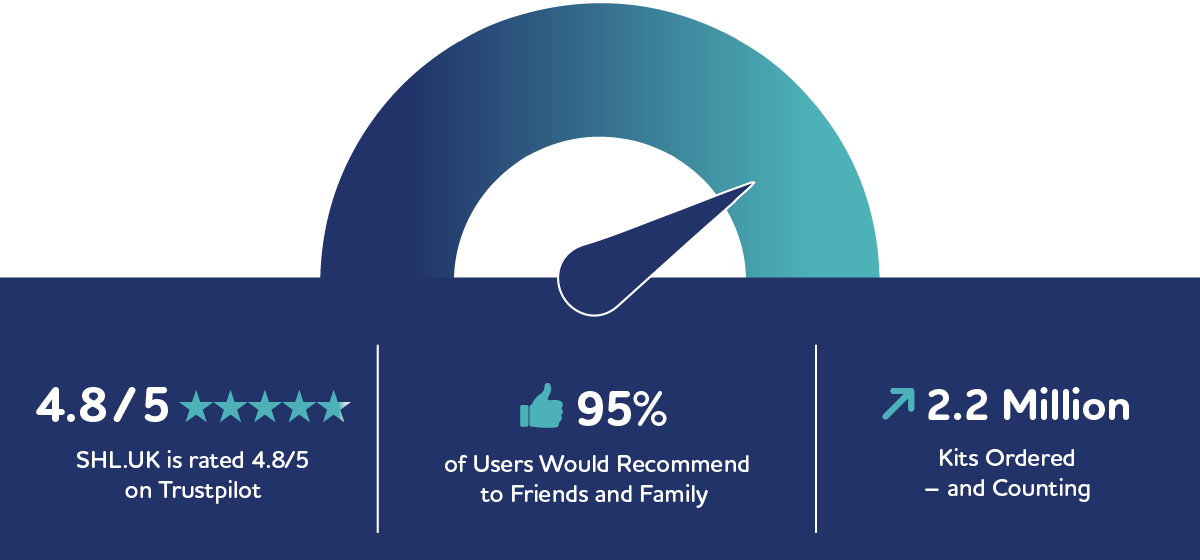About Us
The London Sexual Health Programme was set up in 2015 as a result of the transfer of public health responsibility to local councils in the Health and Social Care Act 2012.
It is a partnership of 31 London local authorities working with the NHS to improve access to high quality sexual health services at a time when Government funding for public health in London is reducing by around £70 million between 2015 and 2020.
The London Sexual Health Programme is not a decision-making body itself, but supports all partner local authorities to deliver sexual health services across the capital.
Since 2015, the London Sexual Health Programme has:
Supported councils to launch the online Sexual Health London service
Londoners can now access free and easy-to-use sexual health home testing kits through SHL.UK or by picking them up at clinics across twelve NHS trusts. This innovative service makes sexual health testing more convenient, allowing people to manage their sexual health at a time that suits them, without the need to take time off work or visit a clinic.
Designed for those without symptoms who still wish to be tested, the service ensures a simple and discreet process. Once a test kit is used, it can be returned for free by post, and results are available online. If further care is needed, clinics will arrange an appointment, and in some cases, treatment for certain types of chlamydia can be sent by post, eliminating the need for a clinic visit.
While in-person clinics remain available, this online option offers the same reliable tests straight to people’s homes, removing barriers like travel costs and time constraints. The service has been widely praised, with over 98% of users recommending it to friends and family.
In response to the COVID-19 pandemic, SHL.UK adapted its services to offer treatment for low-risk symptoms remotely. This initiative allowed individuals to receive appropriate care and treatment for common health concerns without needing to visit a clinic in person, ensuring both convenience and safety during challenging times.
As of July 2023, Sexual Health London has processed approximately 2.2 million STI test kit orders, with around 10,000 kits dispatched weekly and an impressive 85% return rate.
Between January 8, 2018, and March 31, 2022, SHL.UK received 1,476,187 orders from 670,293 unique users, reflecting the service's significant reach and utilisation.
These figures highlight Sexual Health London's pivotal role in providing accessible and effective sexual health testing services across London.
Supported councils to launch online contraception
In 2020, in response to the the COVID-19 pandemic, SHL.UK expanded its services to provide both routine and emergency contraception across 17 London boroughs. This growth allows more residents to access essential contraception services, improving convenience and availability for individuals in a wider range of areas.
Supported councils to introduce joint commissioning for contraception, testing and treatment services, meaning that people can now access these services together in more sexual health clinics across London
As a result of these changes, there is now improved access to a wider range of contraception options at clinics. Additionally, many new and existing clinics across London have expanded their hours to offer six-day availability, with morning and evening appointments.
Introduced long-term contracts for clinics and new tariffs for sexual health services
Long-term contracts for clinics and new tariffs for sexual health services have been introduced, ensuring that local authorities pay consistent rates for similar services across the capital. This change enables both clinics and local authorities to plan their budgets more effectively.
All of the above changes have made it easier for people in London to access sexual health services in a way that suits them, whether through visiting a clinic or using the online services provided by Sexual Health London. The city's sexual health services remain open access, available through SHL.UK, one of London’s 60+ sexual health clinics, or a local GP. Thanks to these changes, clinics are now able to focus more on face-to-face appointments for those who need them most, as they are no longer tied up with routine tests for individuals without symptoms




